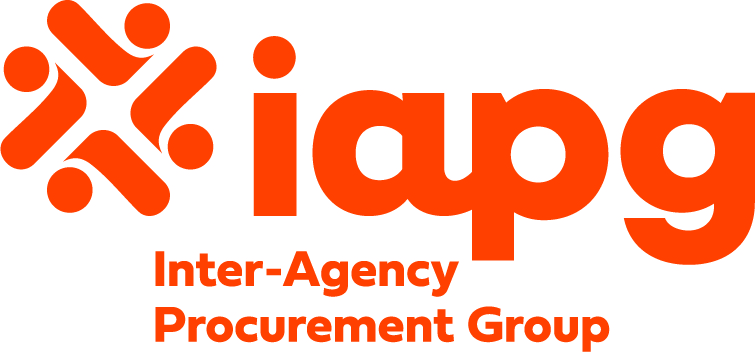Background
1. The phenomenon of climate change is one of the most pressing existential threats to human beings. It has been recognized for decades that the climate of the earth is changing at an alarming rate, with devastating consequences for life forms on the
planet. From toxic air pollution and chemicals to an unprecedented global biodiversity loss, environmental exposures pose grave and systemic threats to collective and individual human rights including the rights of the child.
2. Climate change has disproportionate impact on least developed and developing countries, in which most African countries fall in to. This is, among other things, due to relatively limited capacity to respond to climate change and high reliance on land and
water resources for survival. Various African countries already face a problem of water scarcity with millions of children living in areas of high or extremely high-water scarcity.
3. Combined with issues on constrained access to clean drinking water, energy security and resources are always associated with increased diseases such as diarrheas, malaria with increase temperature, reduction in the quantity and quality of food (food
insecurity), flood related fatality rates, mental health because of post disaster trauma, limited access to education, and forced migration.
4. It is furthermore concerning that children are at an even higher level of vulnerability to the impacts of climate change due to their growing bodies and developing minds. According to WHO children under 5 years of age bear the highest burden of disease as a result of climate change and that under nutrition, malaria and certain types of cancer
that affect children the most are exacerbated by climate change and are expected to increase considerably due to global warming.
5. Climate change has an impact on various rights recognized in the African Charter on the Rights and Welfare of the Child (the African Children’s Charter/ the Charter), including the best interests of the child, the right to survival and development, the right
to health and welfare and its consequential impact on the right to education, protection from harmful practices, non-discrimination and protection from violence and abuse and protection of children on the move.
6. Due to the urgency of the impact of Climate Change on Children’s Rights in Africa and response to the challenges brought by this phenomenon, the African Committee of Experts on the Rights and Welfare of the Child (ACERWC) with the support of Save
the Children decided conducting a continental study on the impact of climate change on children’s rights in Africa.
7. During its 45th Ordinary Session, the African Committee of Experts on the Rights and Welfare of the Child officially launched the Continental Study on the Impact of Climate Change on Children’s Rights in Africa.
8. Recognizing the importance of child participation and the right of children to access information that affects them, there is a need to develop a child-friendly version of the study. This version is expected to be simple, age-appropriate, and engaging content that children can understand easily.
Purpose
To develop a child-friendly version of the Continental Study on the Impact of Climate Change on Children’s Rights in Africa to make the study’s content accessible and understandable to children, thereby promoting their awareness of climate change and its effects on their rights and empowering them to participate meaningfully in advocacy and decision-making processes.
Objectives
The main objective of the consultant is to develop a Child Friendly Continental Study on the Impact of Climate Change on Children’s Rights in Africa. The specific objective is as follows:
• To analyze the key findings and recommendations of continental study into clear, concise, and age-appropriate content suitable for children across different age
groups.
• To design and produce an engaging and interactive child-friendly document using child-sensitive language, illustrations, and format.
• To ensure that the child-friendly version promotes children’s understanding of their rights in the context of climate change and supports their meaningful participation in climate action and advocacy at local, national, and continental levels.
Please find the attached TOR-Child Friendly Version for more details on the expected tasks, methodology and expected qualifications and experience.
Save the Children Africa Union Liaison and Pan Africa Office invite interested candidates to submit their CV, a cover letter detailing their relevant experience, and a technical proposal outlining their approach to the consultancy and a financial proposal by June 20, 2025, at 17:00 Hours East African Time (EAT) at the following email address enkunesh.amare@savethechildren.org.

